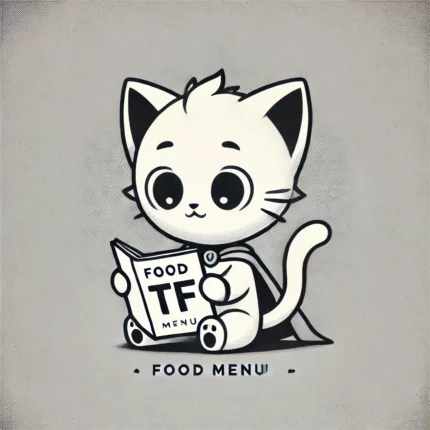In The Telomere Effect, Elizabeth Blackburn & Elissa Epel tell us:
“When we want to spot the parties responsible for metabolic disease, we point a finger at the highly processed, sugary foods and sweetened drinks. (We’re looking at you, packaged cakes, candies, cookies, and sodas.) These are the foods and drinks most associated with compulsive eating. They light up the reward system in your brain. They are almost immediately absorbed into the blood, and they trick the brain into thinking we are starving and need more food. While we used to think all nutrients had similar effects on weight and metabolism—a ‘calorie is a calorie’—this is wrong. Simply reducing sugars, even if you eat the same number of calories, can lead to metabolic improvements. Simple carbohydrates (carbs) wreak more havoc on metabolism and control over appetite than other types of foods.“
In Eat Fat Get Thin, Dr. Mark Hyman tells us:
“The conventional wisdom doesn’t stack up against the emerging research that shows us that a calorie is not a calorie (when you eat it). In a vacuum or a lab, calories from all foods release the same amount of energy when burned—whether the food is coconut oil or honey. But when you eat, foods have to go through your body, and they can have profoundly different effects on your hormones, brain chemistry, and metabolism. Fat calories burn differently than sugar calories do. Fat calories speed up your metabolism. Fats have to be burned and are not easily stored because they don’t spike insulin—the fat storage hormone. Fat works on the brain to cut your appetite so you eat less overall during the day. On the other hand, sugar and carb calories do exactly the opposite: They spike insulin, promote fat storage, and are quickly laid down as dangerous belly and organ fat. They slow your metabolism and increase hunger and cravings. Mounds of scientific research support this perspective. This hormonal or metabolic hypothesis of weight gain supports the idea that it is the composition and quality of the foods you eat (and the hormones and biochemistry they subsequently trigger) that determine whether you lose or gain weight. In other words, it is not how much you eat but what you eat that controls the metabolic switches.”
Again: “It is not how much you eat, but what you eat that controls the metabolic switches.”
A calorie is a calorie, is wrong. I have some implementation intentions for food offerings with flour and sugar.
If someone asks if I want bread, cupcakes, cookies, or some other tasty treat or beverage, then I will say no, thank you.
If I go to a restaurant serving food in buns or tacos, then I will request a lettuce wrap or boat instead.
In general, if I eat, then I don’t eat flour; if I drink, then I don’t drink sugar.




